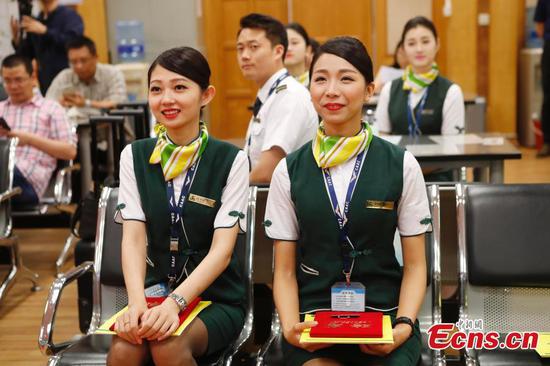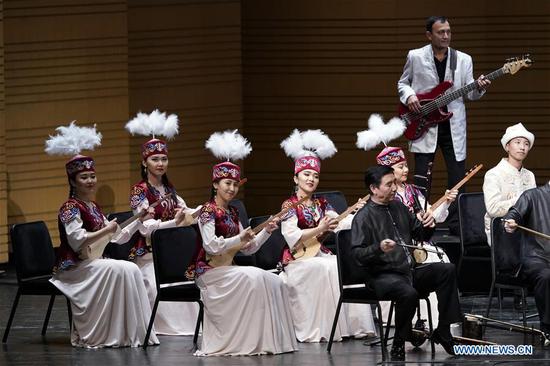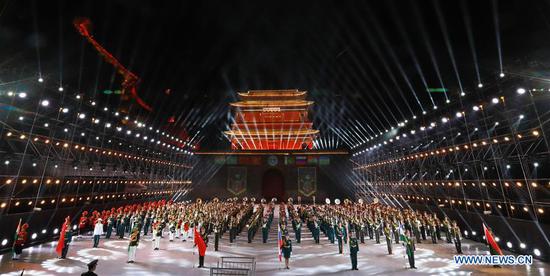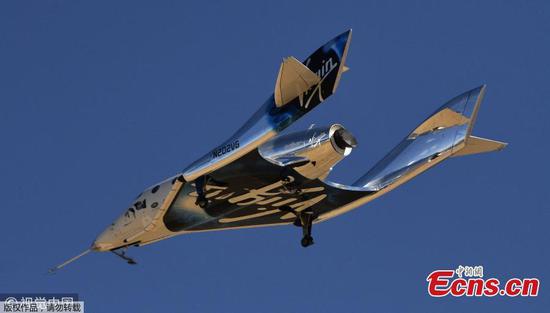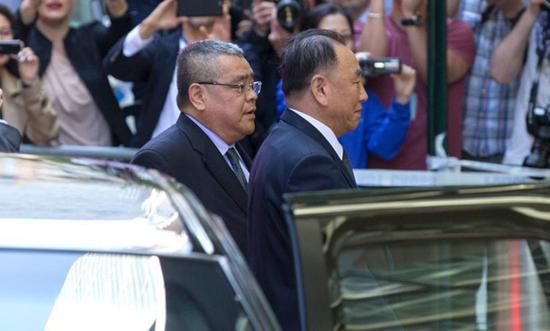A selection of stocks listed in the Chinese mainland were officially inducted into MSCI's widely tracked emerging market benchmark after the market close on Thursday, in a two-step process that will broaden global investors' horizons as well as align A-share market rules with international standards.
Initially 226 large-caps will join the MSCI club, as a few stocks were dropped from a list of 234 index constituents announced in a quarterly review in mid-May, owing to stock trading suspensions, Sebastien Lieblich, global head of Index Management Research for MSCI, told a webinar on Thursday.
The index inclusion, adding to the existing two stock connect programs linking Hong Kong and two bourses in the mainland, will increase access to the Chinese equity market, he said.
The three major mainland stock indices all finished higher on Thursday, recovering part of the losses from the previous day.
The inclusion marks a significant step toward the internationalization of China's equity market, which is attributed to the country's efforts to set up diversified investment conduits, improve various trading mechanisms and open up the securities market, Jiang Feng, general manager of the Shanghai Stock Exchange, was cited as saying in a statement on the stock exchange's website on Thursday.
Major passive fund operators have taken positions in the underlying A shares, the statement revealed. It is understood that the index inclusion makes mainland shares a mandatory investment for investors tracking MSCI benchmarks, especially passive fund operators.
The mainland shares initially included to the index will represent an aggregate weight of 0.4 percent in the MSCI Emerging Markets Index and the ratio will rise to 0.8 percent after the implementation of the second phase later this year, according to Lieblich. A-shares will account for about 16 percent of the MSCI Emerging Markets Index once they are fully included and the combined weight of A shares, H shares, B shares and overseas-listed Chinese shares could be about 42 percent.
"The partial inclusion of China A shares may trigger important investment questions, including the role of emerging-market allocations as China accounts for a bigger slice of the index, and how the inclusion of A shares alters the fundamental characteristics of emerging markets," Helen Wong, chief executive at HSBC for the greater China region, said in a note sent to the Global Times on Thursday.
The MSCI inclusion will only have a limited short-term impact, considering that it is estimated to result in capital flows of between $18.4 billion and $19.4 billion, but it will channel more long-term institutional investors into the mainland equity market, which will change the market structure, Bin Shi, head of China Equities and Managing Director, at UBS Asset Management, told reporters on Thursday.
Mainland-listed companies "will be under tougher scrutiny and they'll have to bring their disclosure and governance practices in line with international standards," the UBS executive noted.
While there's a consensus that the index inclusion will promote China's equity market reforms, concerns remain that there is still a long way to go before the market can call itself genuinely market-oriented.
There are still some important impediments to overcome, such as IPO prices that are implicitly set at 23 times earnings and amendments to the country's securities law that face a handful of roadblocks, Dong Dengxin, director of the Finance and Securities Institute at the Wuhan University of Science and Technology, told the Global Times on Thursday.
It's unlikely that the index inclusion will align the A-share market with international standards any time soon, he said, urging more down-to-earth actions to push for market orientation and rule by law.
































